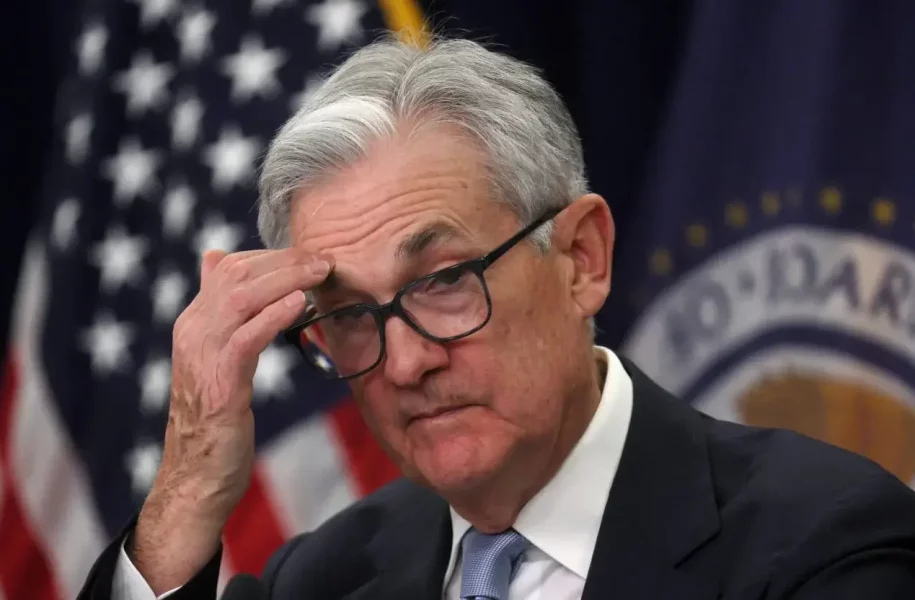CBDC: Federal Reserve Chair Addresses Digital Currency Concerns

During his second day of testimony before Congress, Federal Reserve Chair Jerome Powell addressed concerns about the potential for a central bank digital currency (CBDC), indicating that its implementation is not imminent.
Powell emphasized to lawmakers that any digital currency system adopted by the Fed would prioritize individual privacy, expressing that the development of a digital currency remains a distant prospect.
Powell’s remarks echo broader apprehensions surrounding government-controlled digital currencies, shared by various global institutions. The International Monetary Fund (IMF) has cautioned that CBDCs could introduce vulnerabilities into national financial systems, particularly regarding the collection of sensitive financial data. The potential misuse of such data could lead to financial theft and compromises in personal privacy.
The Federal Reserve’s stance on CBDCs remains somewhat ambiguous, though it has previously engaged in discussions on the topic. Publications like “The Money and Payments: The U.S. Dollar in the Age of Digital Transformation” indicate the Fed’s openness to exploring CBDCs. However, the Fed maintains that any move toward a CBDC would require legislative approval from Congress.
READ MORE: Revolut Teams Up with MetaMask for Effortless Crypto Integration
Governments worldwide are closely monitoring the rise of cryptocurrencies like Bitcoin and CBDCs, implementing regulations to address their impact. Some nations, such as El Salvador, have embraced cryptocurrencies as legal tender, while others have taken more cautious approaches or outright bans. The European Union’s regulatory framework for cryptocurrencies, introduced in 2023, exemplifies this trend.
Bitcoin and CBDCs pose challenges to traditional financial systems and governmental control. They enable individuals to circumvent capital restrictions and facilitate illicit activities due to their decentralized nature. Additionally, their potential to disrupt traditional financial intermediaries raises concerns about destabilizing established financial infrastructures.














